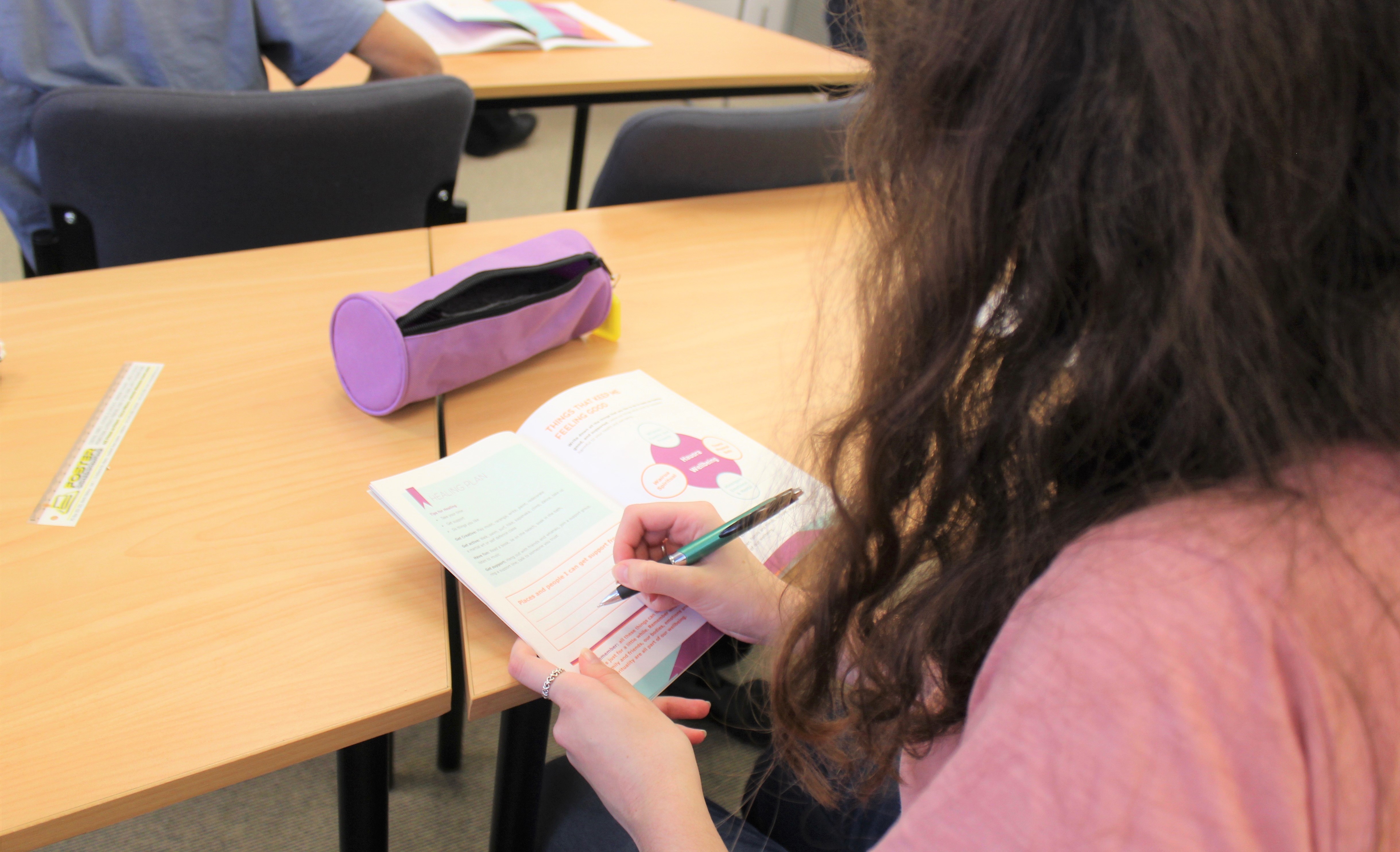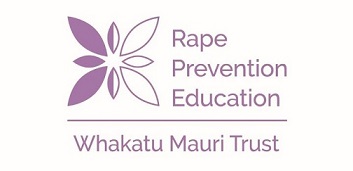10 Things You Can Do
1. DONATE
With the help of donations, RPE can continue to grow and reach out to new communities to prevent sexual violence through education. Whether you hold a school fundraiser or raise money by running a half marathon (like Helen did here), donating to RPE is one way to make a massive difference.
2. VOLUNTEER
Donating might be tricky if you’re short on money, but time is just as valuable! Keep up to date with any volunteer opportunities with RPE here. Alternatively, get in touch with other fantastic organisations doing similar work (e.g. HELP, Wellington Rape Crisis— see more here) and ask how you can be of service.
3. BE AN ACTIVE BYSTANDER
Stepping up and speaking out can be extremely difficult—but being an active bystander is crucial to stopping sexual violence. Whether it’s interrupting a rape joke and explaining why it’s not OK, or stepping in if you see someone being taken advantage of, you can make a difference and maybe even educate someone in the process! Just remember, safety is key. Learn more about being an active bystander here.
4. EDUCATE YOURSELF, YOUR FRIENDS & WHĀNAU
There are a lot of myths surrounding sexual violence, and a lot of denial about how big the problem is. Information is power! The better we understand what helps sexual violence to thrive, the smarter we can be about stopping it.
The fact sheets in our Information section are a great place to start – check them out here. It can also be helpful to educate yourself on support services if you or someone close to you has experienced sexual violence—visit the Get Help section of our website for more. Share what you learn with friends and whānau.
5. BELIEVE VICTIMS OF SEXUAL ABUSE
A common myth that prevents victims from coming forward is that people often lie about sexual abuse. This is simply not the case—the overwhelming majority of sexual violence allegations are true. If someone tells you that sexual abuse has happened to them, the most important thing you can do is believe them.
6. ROLE MODEL ACTIVE CONSENT IN YOUR EVERYDAY LIFE
Ensuring that there is deliberate and clear consent in your everyday life is the most important part of preventing sexual violence. When engaging in sexual activities, make sure you’re communicating clearly and listening to the other person’s words and body language. Check out our fact sheet about consent here to learn more about times a person cannot consent and how to check for consent.
In addition to this, consent is something we can practise in our daily work and family lives, even if the situation isn’t explicitly sexual. Here are a few examples:
- Asking for consent before hugging a co-worker
- Allowing children to decide who does and does not touch their body (e.g. instead of, “Give Grandma a kiss goodbye!”, we can say, “How do you want to say goodbye to Grandma?”)
- Check with people before posting a picture or video of them on social media
Respecting these boundaries helps people to feel safe and reinforces that people have the first and last say over what happens to their bodies.
7. CONNECT WITH LOCAL POLITICIANS AND ASK WHAT THEY ARE DOING
Write a letter to your local MP telling them that sexual violence prevention is important to you, and ask them what they are doing about it. WAVES Trust in Waitakere regularly makes submissions to local and national government relating to issues of sexual violence and family violence, and invites members of the public to participate in these. CLICK HERE for more information on these submissions and advice on making your own.
8. GET YOUR SCHOOL / ALT ED INVOLVED IN THE CONVERSATION
Whether it’s your school, your tamariki’s school or simply a local school in your neighbourhood, find out what they are doing to promote consent. Schools ultimately have the say in the kind of sex education their students receive—contact a member of your school’s Board of Trustees and encourage them to include consent education in their curriculum. Schools can contact RPE’s at info@rpe.org.nz to book our BodySafe programmes, and enquire about a Dealing with Disclosures workshop for staff.
9. PAY ATTENTION TO STEREOTYPES
Stereotypes about gender and sexuality can be extremely harmful. Pay attention to language that is used—how do we talk about men having sex compared to women? Do we make any room to talk about non-binary people or same-sex relationships? Are there expectations and assumptions about roles in a relationship? Shutting down voices and deepening power imbalances allows sexual violence to thrive unnoticed. If you’re feeling bold, write to the people with the power to change this—advertising companies, news stations, television writers—and encourage them to be mindful of perpetuating harmful stereotypes.
10. TAKE CARE OF YOURSELF
Actively engaging with sexual violence prevention can take its toll emotionally. Make sure that you are taking care of your wellbeing and setting healthy boundaries for yourself. Check out some more information about self-care here.

